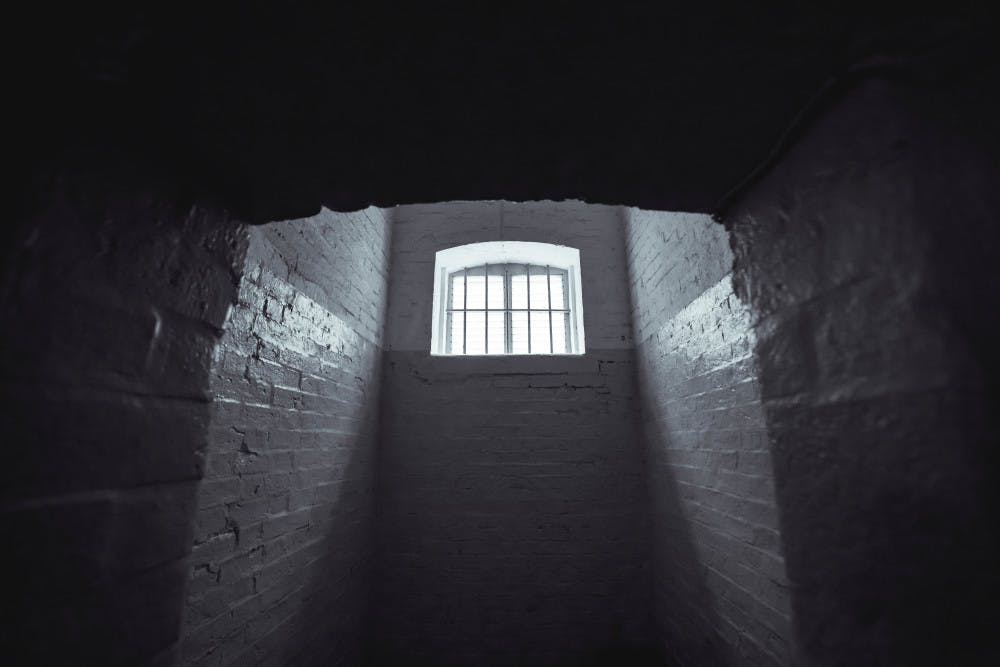Two journalists from the international news agency Reuters have been detained and sentenced to seven years in prison in Myanmar on charges of obtaining state secrets.
The reporters, Wa Lone and Kyaw Soe Oo, were arrested on Dec. 12, 2017 and charged for breaching Myanmar’s Official Secrets Act, according to Noni Ghani, communications officer at Reporters Without Borders or Reporters Sans Frontières (RSF).
They had been investigating the killing of 10 Rohingya Muslim villagers by Myanmar security forces in the country’s western Rakhine State, according to Ghani.
Seven Myanmar soldiers were sentenced to 10 years in prison with “hard labor” for their role in the massacre, the Myanmar military stated in April 2018.
The reporters, who pled not guilty in a Yangon court, testified that they were framed by police. They allege that police handed them official documents rolled up inside a newspaper during a meeting at a restaurant. The police arrested them shortly afterward, they said.
Police captain Moe Yan Naing admitted that the evidence had been fabricated, according to Ghani. He told the court that the journalists’ arrests had been ordered by a senior officer, according to a Reuters report.
“This is clearly an effort on the part of Myanmar authorities to silence news coming from that region,” Ghani said.
Advocates from RSF, the United States, United Nations (UN), Reuters, human rights organizations, Rohingya protesters, and others have called for the release of the journalists.
The Rohingya people are an ethnic minority in Myanmar concentrated in the Rakhine State. The government of Myanmar has engaged in an ongoing conflict against a Rohingya resistance movement, which has involved attacks on Rohingya civilians.
“They’ve been described as the most persecuted people on earth,” said December Green, Ph.D., chair and professor of Political Science at Wright State. Since August 2017, about 700,000 Rohingya have fled the country due to persecution and violence, according to Green.
In November 2017, former Secretary of State Rex Tillerson called the situation an “ethnic cleansing.”
U.N. investigators reported that Myanmar’s military committed acts of “murder, rape, torture, sexual slavery, persecution and enslavement” against the Rohingya and stated that generals should face genocide charges.
“It has been a really disturbing situation,” Ghani said. “Journalists have been systematically denied access to [the Rakhine] region in order to deprive the world of information about the genocide that is occurring in Myanmar.”
RSF wrote an open letter to Myanmar State Counsellor Aung San Suu Kyi, criticizing her silence on the matter and urging her to release the journalists, according to Ghani. RSF did not receive a response from Suu Kyi. “It’s a pretty shocking case,” Ghani said.
Pramod Kantha, Ph.D., professor of Political Science at Wright State, called the government’s actions against the journalists “very characteristic.”
“Whenever a state is siding with a majority group against a minority, there is a general tendency, particularly in South Asia, for media to come under crackdowns,” Kantha said.
U.S. Ambassador to the U.N. Nikki Haley referred to the imprisonment of the Reuters journalists as “unbelievable” in a Twitter statement.
Although Washington has hardened rhetoric agains Myanmar since its latest crackdown on the Rohingya people, it has not taken action against the regime. Myanmar is an area of strategic interest for The U.S., China, and Russa - three permanent members on the UN Security Council, all of whom have the power to veto over any substantive UN resolution.
"There are a variety of different interests [in Myanmar] - strategic as well as economic," said Green. "Because of the way the UN Security Council is structured, nothing is going to come out of that body because China and Russia who are allies with [Myanmar's] government will veto any attempt."
Myanmar has been working toward democratization since 2012, but Green said that experts do not recognize it as a democracy.
"Freedom of the press is so essential to democracy," said Ghani, who described the jailing of Wa Lone and Kyaw Soe Oo as "a major setback" for democratic transition in Myanmar.













